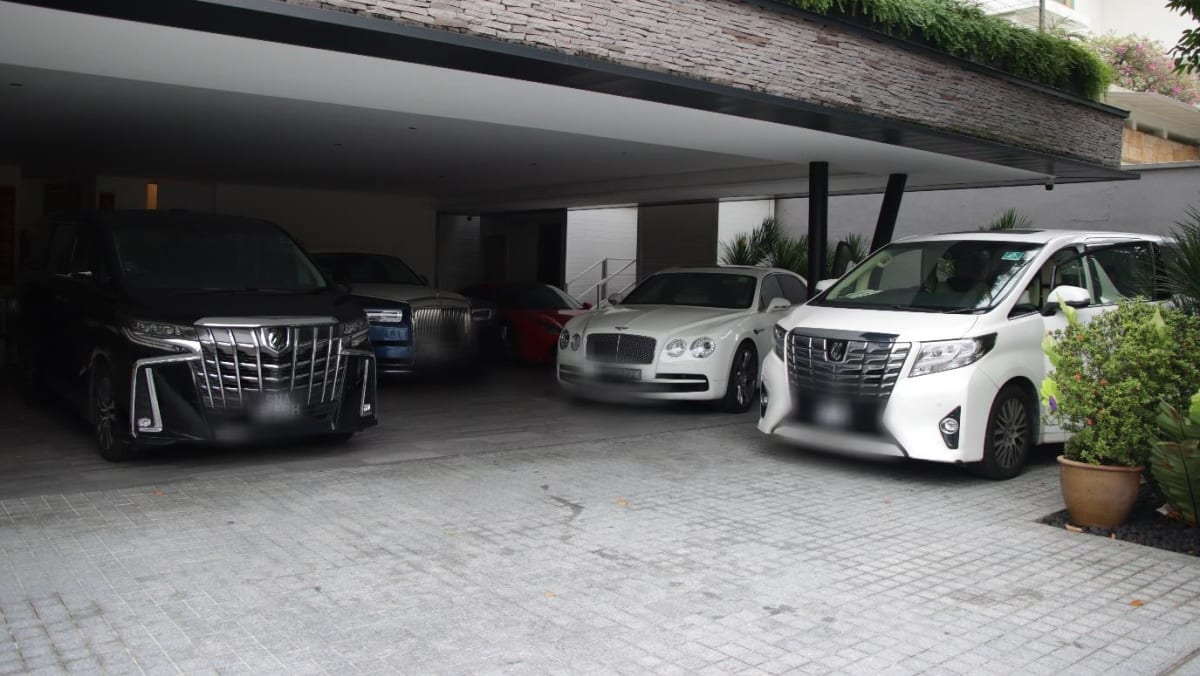NO NEED FOR DIRECT LINK TO CRIMINAL CONDUCT
Under the Bill, there will also be no need to show that money allegedly laundered in Singapore is directly linked to specific criminal conduct.
It will be sufficient for the prosecution to prove “beyond reasonable doubt” that the money launderer knew or had reasonable grounds to believe that he was dealing with criminal proceeds, said MHA.
This will allow money mules to be prosecuted in cases where the money laundered had passed through bank accounts and intermediaries overseas before entering Singapore.
At present, law enforcement agencies face challenges in obtaining the necessary evidence from foreign victims, entities and authorities, especially if the criminal proceeds had flowed through many jurisdictions before entering Singapore, MHA noted.
The Bill introduced on Tuesday also sought to designate serious foreign environmental crimes as money laundering predicate offences.
This will allow law enforcement agencies to investigate money laundering offences if they suspect that the money in Singapore came from such crimes committed overseas.
Separately, the amendments will allow government agencies such as the Inland Revenue Authority of Singapore and Singapore Customs to share tax and trade data respectively with the Suspicious Transaction Reporting Office – Singapore’s financial intelligence unit.
Anti-money laundering and finance terrorism regulators will also have access to the suspicious transaction reports filed by their regulated entities.
Lastly, the Bill will also tighten rules for casino operators to carry out customer due diligence checks to detect and prevent money laundering, terrorism financing and proliferation financing.
Proliferation financing involves providing funds or financial services for the illicit development and supply of weapons of mass destruction and related materials.
To align with the standards of the Financial Action Task Force – a global money laundering and terrorism financing watchdog – due diligence checks will have to be carried out when casinos receive a cash deposit of S$4,000 or more into a customer’s account.
This is down from the current threshold of S$5,000. This marks the first revision to the threshold, and will be implemented this year.

